The World Where We Live: Lesotho
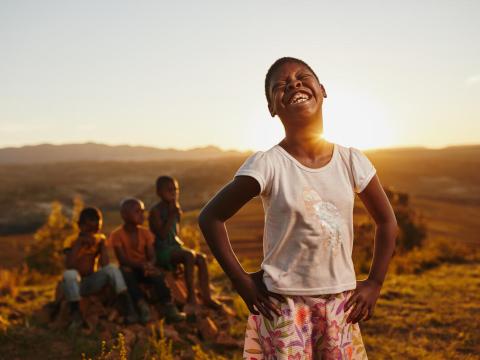
Landlocked and bordered on all sides by South Africa, this is Lesotho, where the lowest point is up in the clouds, 1,400 m above sea level! The people here are known as the Basotho, and the language they speak is Sesotho. Welcome to Lesotho, the Kingdom of the Sky!
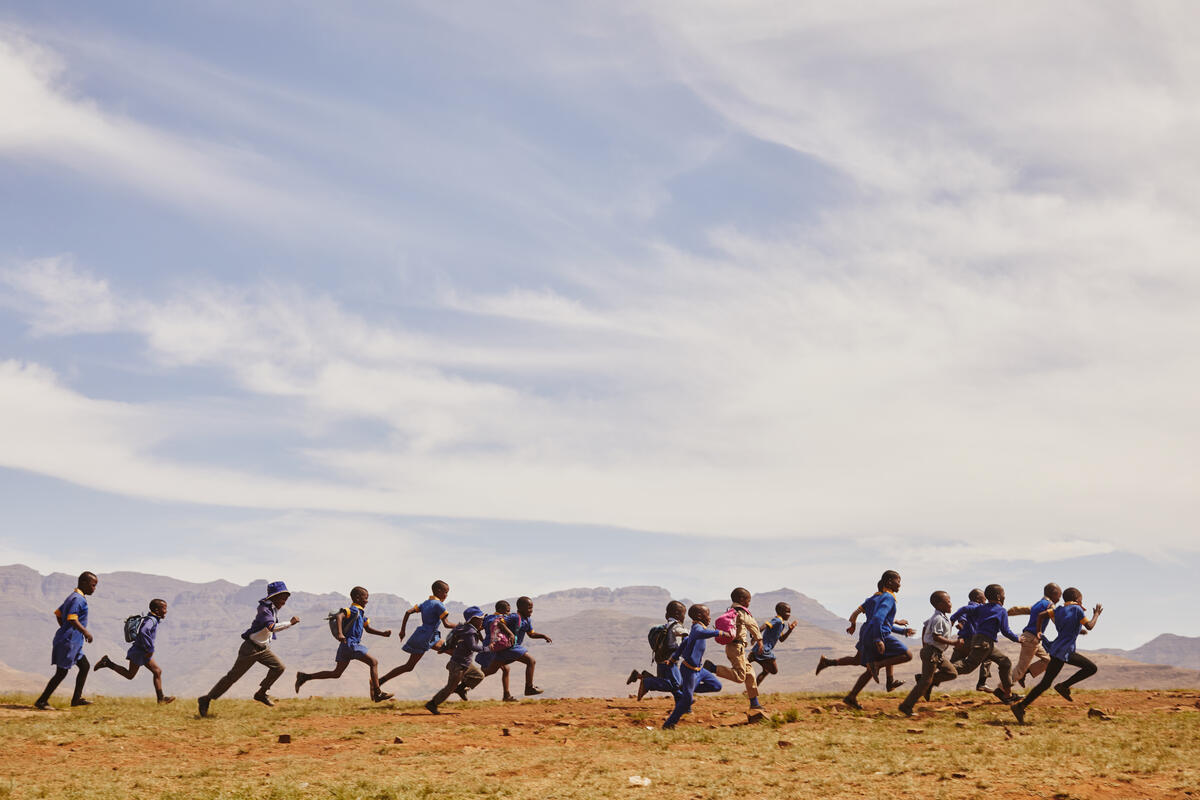
Lesotho’s climate is temperate with hot, wet summers and cold, dry winters. Most of the rain falls during fierce thunderstorms in the summertime. Temperatures here are cooler than in surrounding South Africa because of the altitude. While the lowlands may reach 30ºC in the summer and drop to –7ºC in the winter, in the highlands temperatures may plummet to –18ºC. That’s cold!
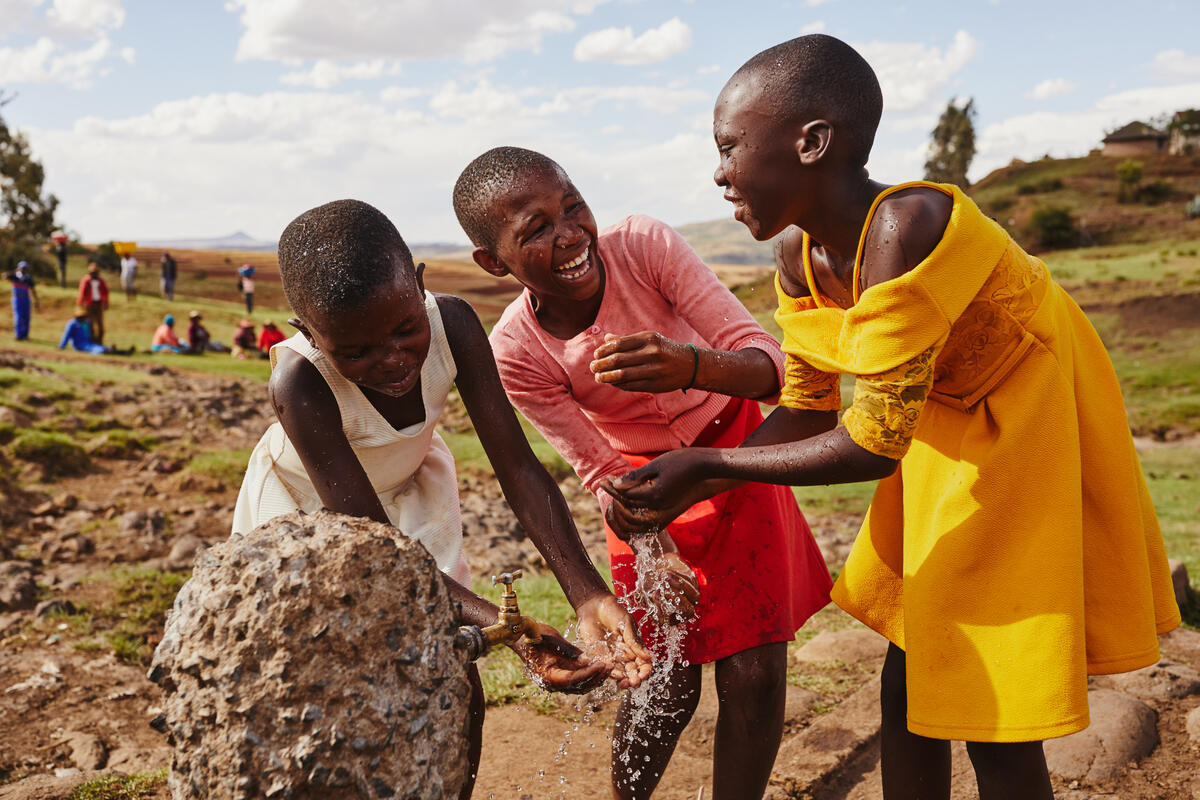
Water is a vital resource in Lesotho. As a land of mountains, water is in plentiful supply – the nation even exports water to neighbouring South Africa! But accessing clean water is still a challenge issue for many. Up to 80% of the rural population collects drinking water from unprotected sources. Child sponsors are partnering with communities to drill boreholes and build water points, so more people can drink clean, fresh water.
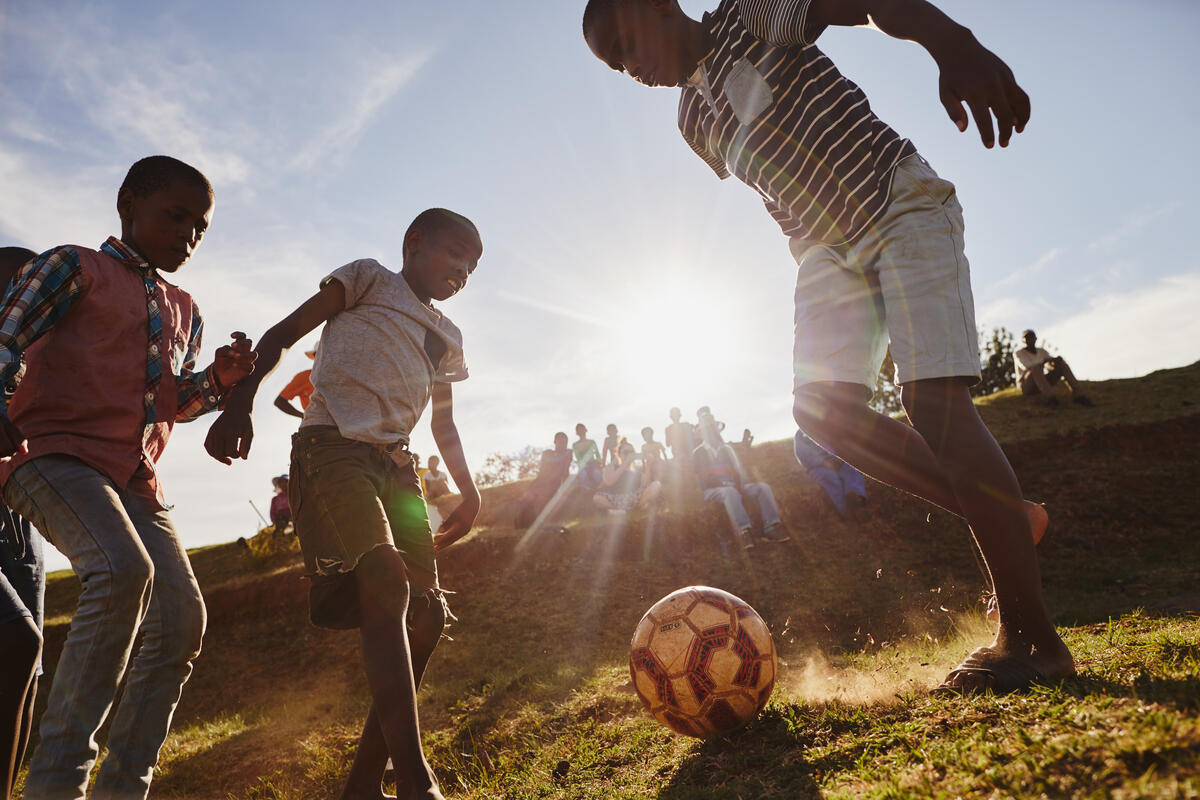
Anyone for a game? Football is the most popular sport in Lesotho. The national team’s nickname is Likuena (meaning “The Crocodiles” in Sesotho). Other popular sports include long-distance running, horseracing, cricket … and even skiing! Lesotho’s Afriski resort is one of only a handful of ski resorts in Africa.
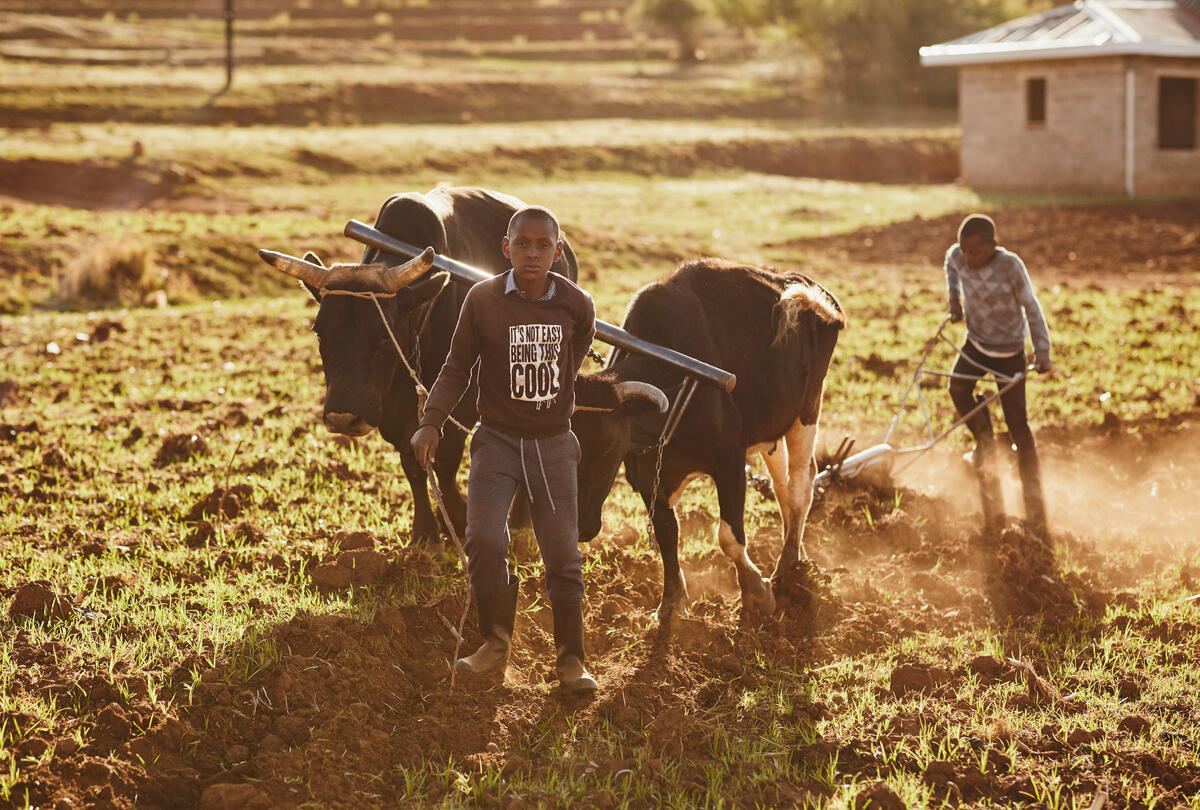
Lesotho is dominated by spectacular mountains and highland plateaus. But most people live in the lowlands in the country’s west, which make up less than one-quarter of the land. About 80% of people live in rural areas, mostly growing crops like corn, wheat, beans, peas and tomatoes, and fruit like peaches. In the hills and mountains, livestock like sheep, cattle, pigs, chickens, donkeys and horses are the main source of income.
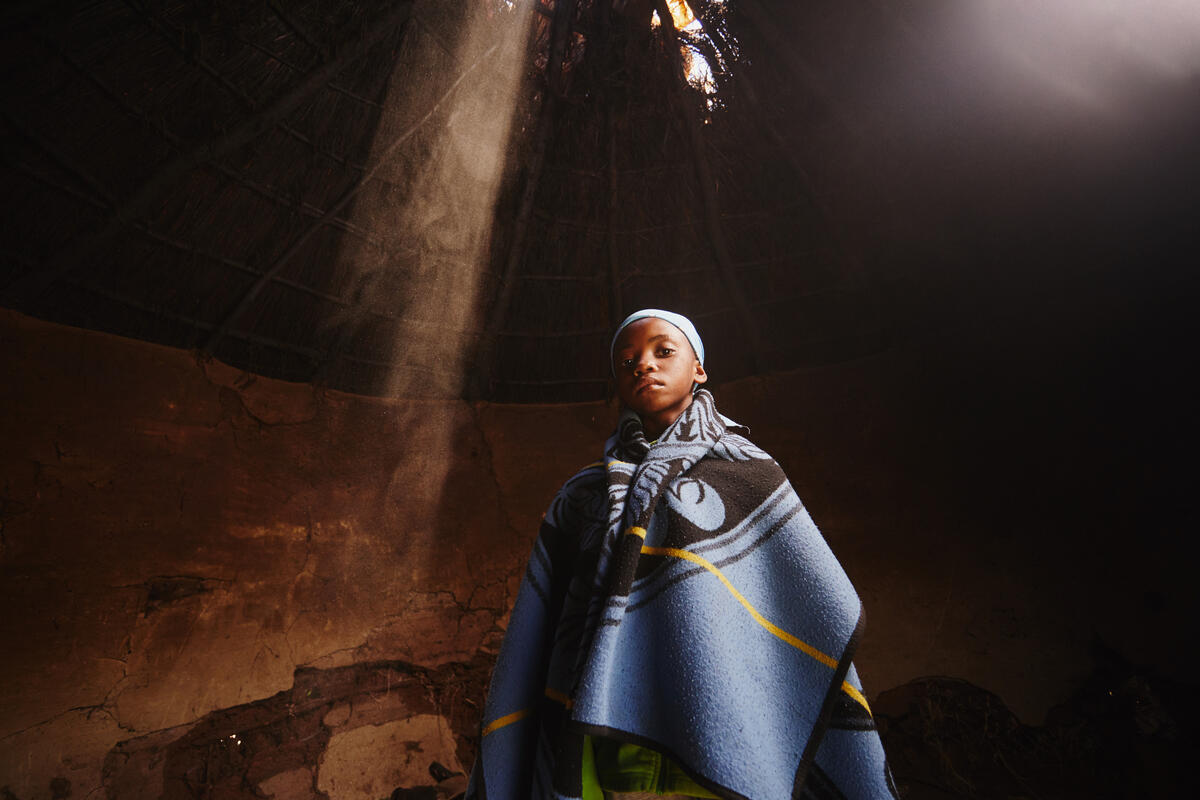
Women’s rights are making progress in Lesotho. Married women gained full legal status in 2008, winning the right to open joint bank accounts and start businesses without their husbands’ permission. The latest frontier is whether village princesses should have the right to become chieftains of their clans – to which almost 73% of people say “Yes” they should. Child sponsorship is working with girls, boys and the whole community to create a world where everyone has equal opportunities to thrive.
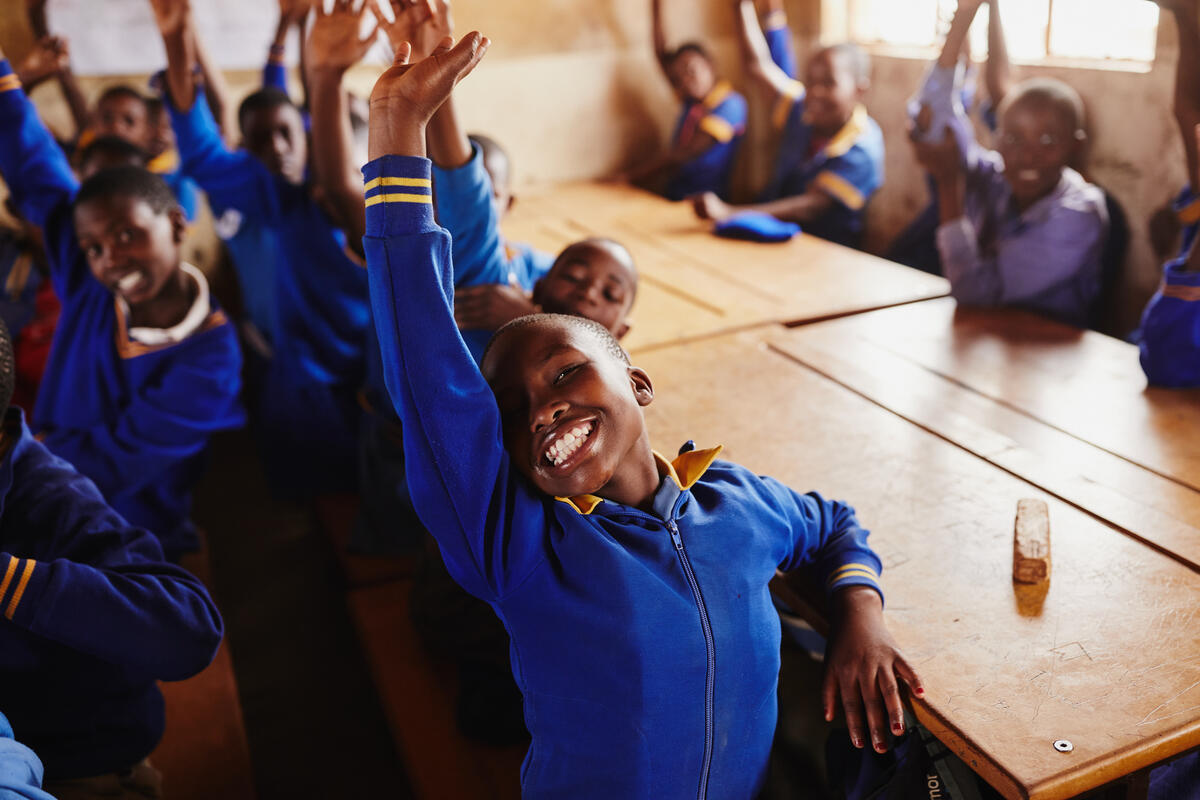
Learning to read and write is a basic human right. It’s now free to go to school in Lesotho and 80% of children finish primary school, but that rate drops to 33% for lower secondary and 14% for upper secondary. Boys are more likely to drop out than girls, and children in lower income, rural areas are less likely to finish school than those in urban centres. Child sponsors’ support is giving thousands of children across the country the chance to stay in school and reach their full potential.
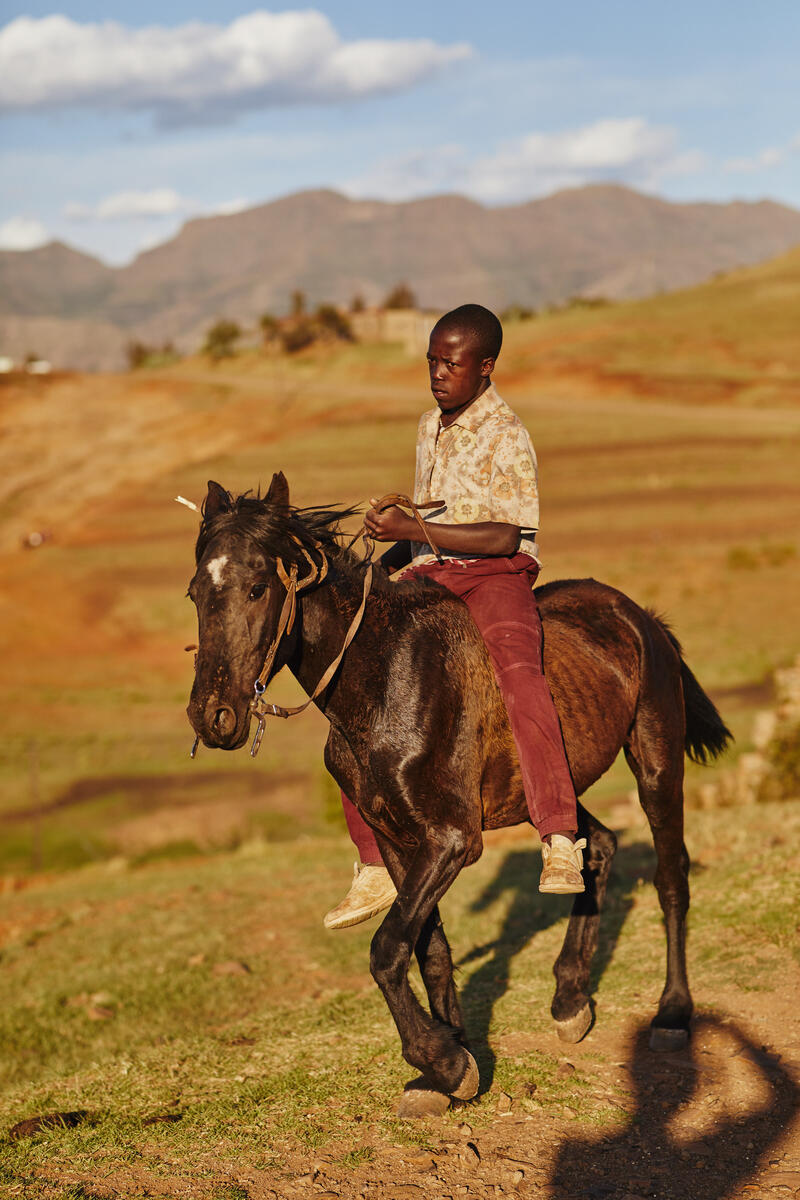
Getting around can be a challenge outside of the cities, where there are few roads. Small planes transport goods and people between larger villages. But most people trek on foot or ride Basotho ponies or donkeys. Traditional horseracing is a big part of village social life, and races run throughout the dry season.
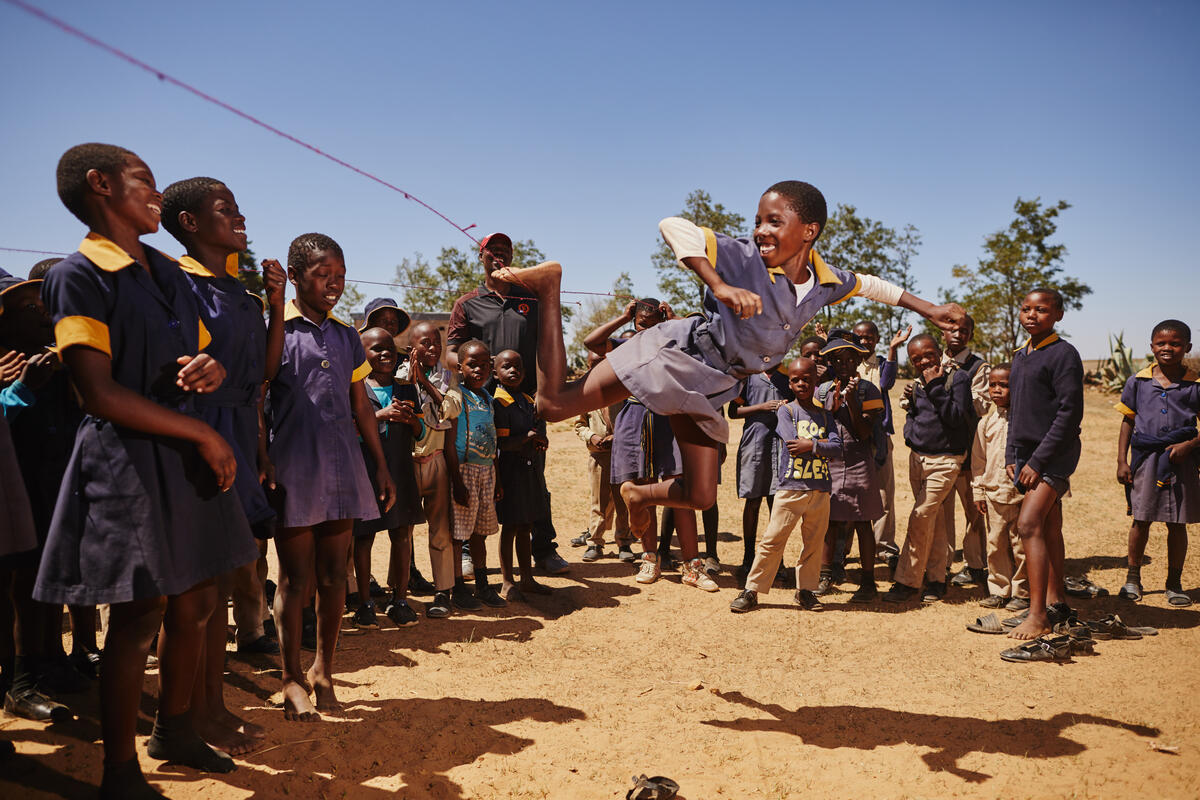
Kids love games! They love skipping rope and playing diketo, a game like jacks. This high-jump game is played with string or elastic held tight by two players, with a third player jumping in the middle. Starting at the ankle, the string moves higher and higher … how high can you jump?
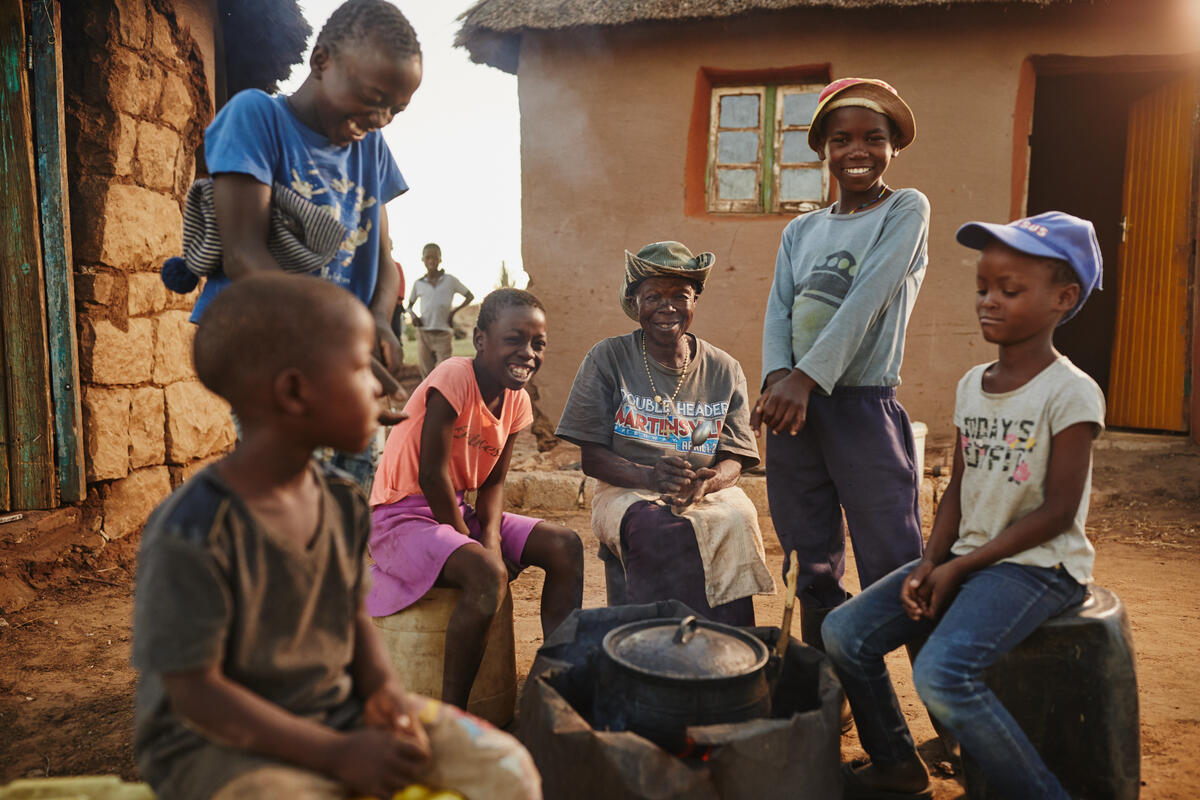
Sitting around the fire while the food is cooking is a universal pastime! Lesotho’s national dish is called pap-pap. This thick cornmeal porridge is often served with hearty tomato- or peanut-based stews like chakalaka, or a side of leafy greens like moroho. Maize (corn) is also roasted over the oven coals and eaten as a snack.
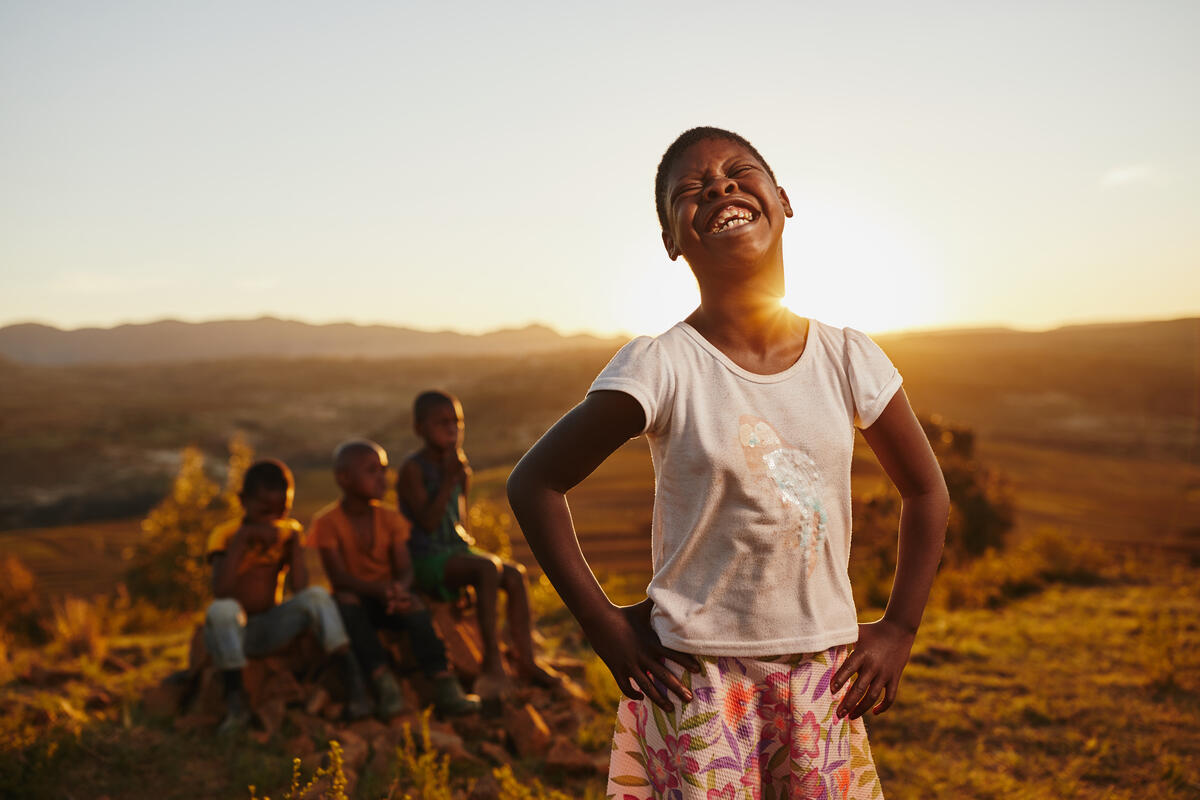
World Vision has been partnering children and families in Lesotho since 1987, in more than 1,000 communities. Child sponsors are supporting communities to improve children’s access to education, clean water, nutrition and sanitation, safety, economic security, and help in times of disaster.
Child sponsorship – partnering with children and communities to break the cycle of poverty in over 1250 communities in this big, beautiful world.